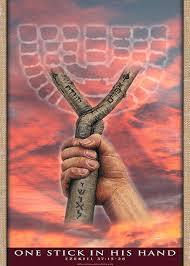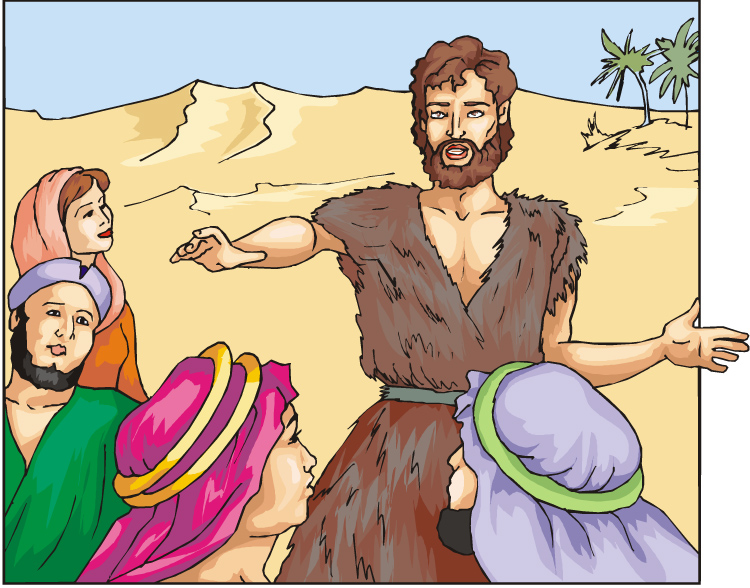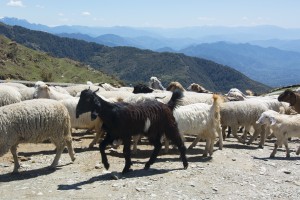Hosea 5:15–6:3, I will go and return to my place. This passage is a clear prophecy concerning the resurrection of the righteous dead of which Messiah Yeshua is the first to raise.
Verse two contains a Hebrew parallelism, which is a Hebraic literary device where the same thought is expressed differently back-to-back. The word revive is the Hebrew word chayah and is the basic Hebrew root verb meaning “to live or to have life.” The word raise up is the Hebrew word quwm meaning “to rise, arise, stand, stand up.” According to The TWOT, the basic meaning of this word “denotes rising up from a prostrate position (e.g. Josh 3:16).”
YHVH is speaking here in the broader context of this passage concerning his Messianic role as the lion of Judah (Rev 5:5). After presenting himself as such to both houses of Israel (Ephraim [i.e., the Christians] and Judah [i.e., the Jews]) at his first coming, verse 14 states that Messiah would “go away … and none shall rescue him.”
Then in verse 15 we read that, “I [Messiah speaking] will go and return to my place till they [Ephraim/the Christians and Judah/the non-believing Jews] acknowledge their offense and seek my face ….” (This refers to Yeshua’s absence from the earth between his first and second comings.) What is their offense? Isaiah 8:14 states that that which offends both houses of Israel is “the stone of stumbling and … rock of offence.” Who is this Rock of offense? Verses 8 and 10b identifies it as Immanuel (El with us), which is one of the Continue reading






